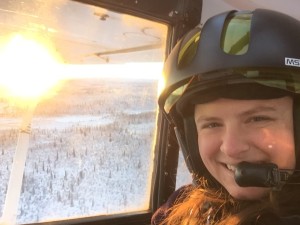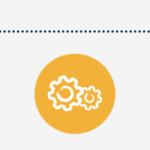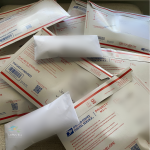Welcome back to another Scientist Spotlight feature! Today, we’re featuring Heidi Hatcher, a wildlife biologist from Alaska.
I’m a wildlife biologist for the Alaska Department of Fish and Game. I currently live in Gakona, Alaska, and my office is located in Glennallen, Alaska.
When and why did you decide to become a scientist? Why did you decide on your particular field?
I always knew that I wanted to work with wildlife, but it took me a long time to figure out exactly how/what career I wanted (veterinarian, zookeeper, researcher?). In graduate school I began to volunteer with the state agency to help management biologists with fieldwork. The idea of managing wildlife to ensure sustainable harvest and conservation for future generations clicked with me, and that’s the path I chose.
What does your day-to-day life as a scientist entail?
My year is varied, and consists of short periods of fieldwork that involve flying wildlife surveys in small fixed-wing aircraft to gather data on wildlife populations, or darting wildlife with tranquilizer darts fromhelicopters to deploy radiocollars, or traipsing around in the snow and counting twigs to monitor browse rates, for example. When not in the field, I’m in the office analyzing data, writing technical reports and summarizing our findings, or interacting with the public to disseminate biological data as well as hunt information. I also analyze hunt data and hunt reports to keep an eye on harvest during the hunting season. For some hunts, we close the season or extend the season according to harvest.
What did you wish you knew in middle school or high school that would have helped you stay excited about science, make a decision about college, or learn more about a particular topic that interested you?
Take full advantage of extra-curricular activities. Also, choose a university based on your career goals and field of interest. I went to a university that didn’t have a wildlife degree because I preferred to live in the mountains rather than a city. I loved my college experience, but having a wildlife degree would have made my job searching later in my career much easier.
Today’s youth are the hope of the future, particularly in my professional field. Without youth that are interested in the outdoors, the natural world, and participating in natural resources management, there is no future for conservation. Wildlife and outreach are both passions of mine. Sharing my passion for wildlife with today’s youth is the only way I know to do my part to ensure the future of wildlife conservation!






